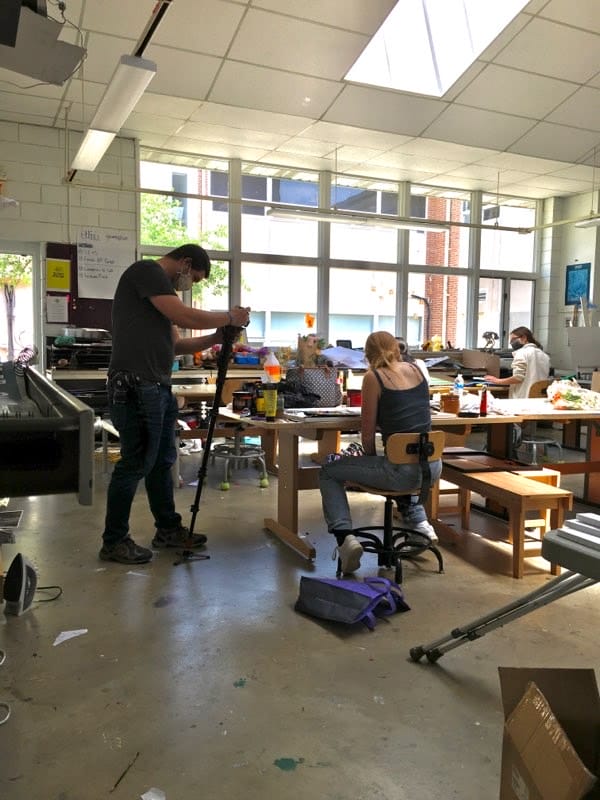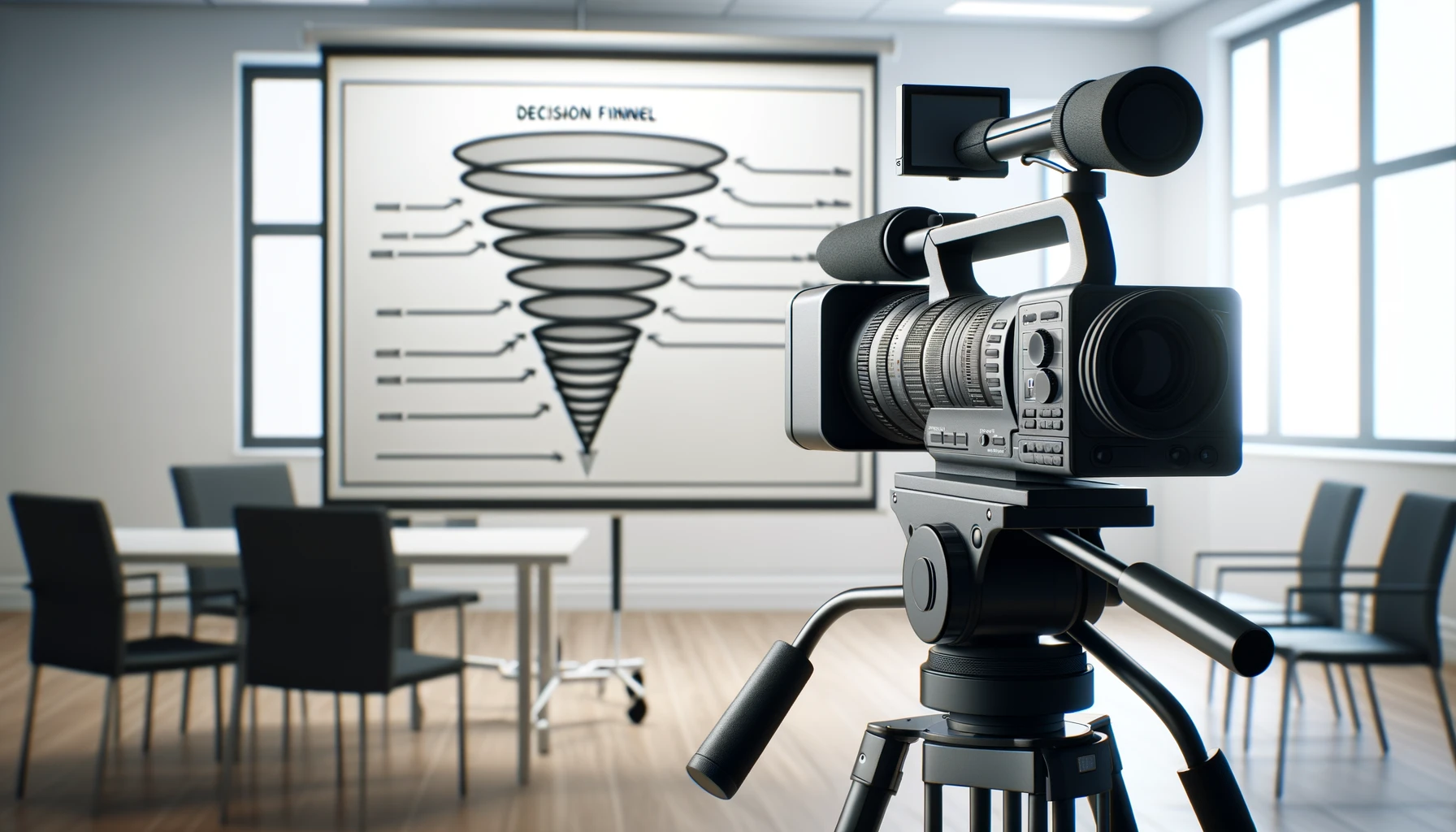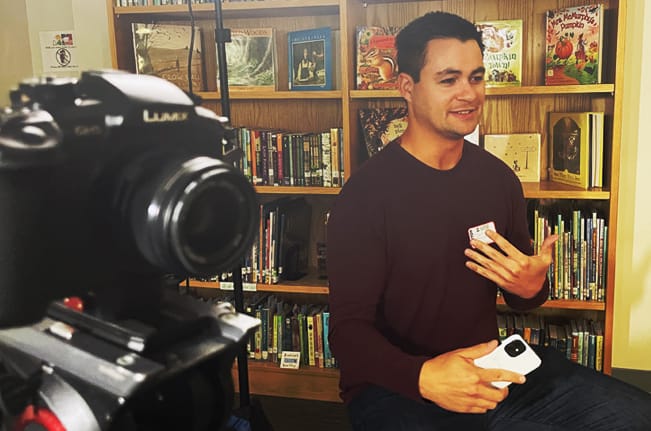Part II of the School Video Deep Dive Series
Finding a video production company to make awesome marketing assets for your school was a challenging first step, but the hard work isn’t over yet. Now that you have a great video crew and marketing partner on your side, you’ll need to begin the planning process for filming. The most important thing you can do before filming day is to prepare your school for video production.
If you’ve never had to coordinate and prepare a school institution for filming, you might not know where to start. Without proper planning and organization, you could end up disrupting your school’s daily activities and wasting valuable time. To get the most out of your experience and investment, check out the following step-by-step guide.
Scheduling Film Day for Your School
Ideally, you’ll want to schedule your film days according to your school’s calendar. Ask yourself if there are any important exams or events that will cause the campus or population to look differently on camera. Find a stretch of time where activity on campus will be “normal” or typical. When it comes to capturing interview content, students, teachers, and staff shouldn’t be preoccupied with extraordinary circumstances or too stressed and busy to participate. Otherwise, they might perform below average on camera, leaving you with unusable footage.
In addition, filming during special events will limit the crew’s ability to film certain scenes. For example, if it’s final exams week you don’t want to disturb the students, or if there is a field trip for a whole section of the school, there might be a lack of students in the hallways to film candidly. Even if you can organize all the key participants, there won’t be enough content for a video without quality B-roll footage.
Communicate Expectations to Students and Faculty
In order to get the most out of your film day, the entire school body must understand your expectations. Announce that there will be camera crews and instruct everyone about proper behavior during filming.
Even if your school doesn’t enforce a strict dress code, emphasize appropriate attire. As a precaution, keep an extra wardrobe on hand for those who may need to change. Replace any overt branding or offensive prints with school pride clothing.
Finally, remind everyone that not all footage will be used. You’ll have a lot of content to work with, so not everyone will make it into the first school marketing video. Preemptively addressing this expectation will spare hurt feelings.
Map Out the Day for Filming the School Video
Identify the locations and interviews you need and allot the appropriate amount of time to effectively capture each scene. While creating your schedule, remember that a common mistake is to only shoot one video at a time. You’ll end up having to schedule another film day for each video and run the risk of disrupting educational processes at your school.
Thorough planning will allow you to get a lot of footage that you can repurpose later for other marketing assets, otherwise known as “evergreen” video content. Allow ample time for shooting B roll and substantial interviews that might come in handy for other videos. Write out a schedule that everyone can follow, including interviewees. For B roll, line up all the locations before film day and verify that the film crew can capture daily activity in those settings.
One warning to be aware of is knowing which students you can and can’t film. Most likely parents signed a waiver to allow their child to be photographed/filmed for your schools marketing materials. However some parents may have opted out of that and choose to not want to have their child photographed/filmed. Please make sure that whoever is filming/editing is aware of those children that way you can avoid them when filming/editing.
Overall, be prepared yet flexible. Things can change at the last minute, whether due to the sudden unavailability of an interviewee or a change in location or scenery for the shot. Regarding the latter, the film crew might identify and advise you on a better filming opportunity for your marketing assets, and it may be in your best interest to change plans in that moment.
Prepare Interviewees for the School Video Format
It’s hard to predict how interviewees will perform on camera. To avoid discomfort and unclear messages, run pre-interviews. During these meetings, identify and address any issues and preview what to expect during on-camera interviews. Try going over the questions with interviewees ahead of time and practicing their answers, though they don’t need to answer exactly what they practice, just the idea is fine.
Even investing only 10 minutes to go over the basics can improve the finished video product. Try to catch students in the hallway during recess or at lunch. Schedule time during free periods for teachers and staff. If there’s anyone in particular who doesn’t seem prepared or comfortable, prioritize speaking with them to improve the articulation of their ideas on camera.
Maximize Your School Film Day Potential
Without prior experience, you can effectively prepare your school for video production by following the steps outlined above. Get your school community excited about film day with proper organization, planning, and troubleshooting. With the right strategy in place, you’ll obtain not only stellar interviews promoting your school, but also evergreen video content to strengthen your marketing funnel. Monzo Media Productions can assist you throughout the school video preparation and filming process. Looking to start your video production project? Contact us today!





